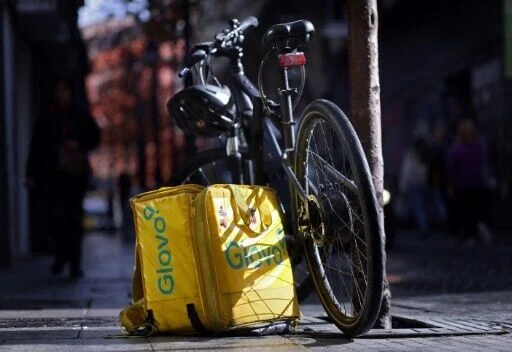The European Commission has issued a significant blow to several major food delivery companies, handing down antitrust fines in a landmark cartel case that could reshape the competitive landscape of the sector. This development underscores the EU’s ongoing efforts to clamp down on anti-competitive practices in the digital economy—especially among tech-enabled services like food delivery.
What Happened?
At the center of the case is a collusion between several leading food delivery platforms operating across multiple EU countries. According to the Commission, these companies were found to have engaged in anti-competitive agreements that restricted market entry, manipulated pricing strategies, and shared sensitive commercial information. The fines, which total tens of millions of euros, were levied after a multi-year investigation involving raids, email evidence, and cooperation from whistleblowers.
Who Was Fined?
While the Commission hasn’t named all the parties publicly, sources confirm that major players like Deliveroo, Just Eat Takeaway, and Delivery Hero are among those fined. Each company received a penalty based on the scope of their involvement and market share in the affected regions. Some firms were also offered reduced fines in exchange for cooperating with investigators during the probe.
Why It Matters
This case is one of the most notable examples of the EU enforcing antitrust rules against online platforms in the gig economy. The Commission argued that these food delivery giants limited consumer choice and artificially inflated prices by suppressing competition, particularly from smaller or newer services that couldn’t match the larger companies’ exclusive arrangements with restaurants.
It’s a move that signals regulators are taking a firmer stance on how digital platforms operate—not just in terms of data, but in terms of old-school competition law. The goal? Level the playing field.
Industry Fallout and What’s Next
The fines could prompt operational changes in how these companies strike deals with restaurant partners and manage regional pricing strategies. Investors have responded cautiously, with share prices dipping slightly after the announcement. Legal teams are expected to appeal the fines, but the damage to public perception—and possibly long-term market dominance—has already been done.
The European Commission, for its part, has stated that this is just the beginning of broader enforcement actions in digital markets, including other gig economy sectors like ride-hailing and home services.
Final Thoughts
This landmark cartel case marks a turning point for food delivery companies operating in Europe. As the EU sharpens its regulatory tools, firms will need to be more transparent and competitive—or risk facing similar crackdowns.
For consumers, it could mean more choices and better pricing in the long run. For the industry, it’s a warning shot: the rules of digital competition are no longer up for quiet negotiation.



